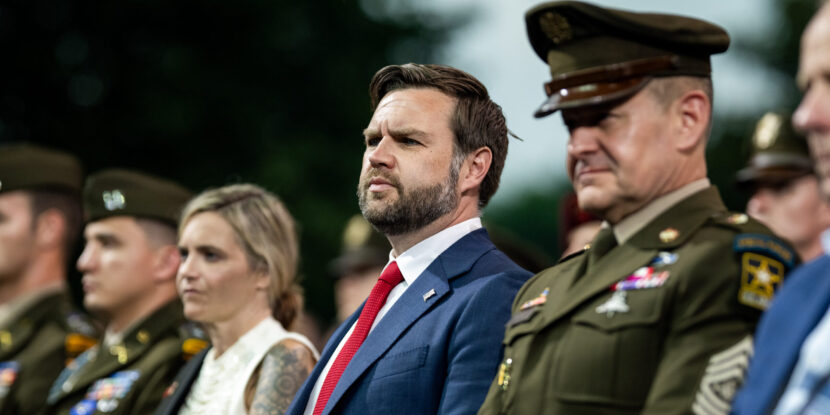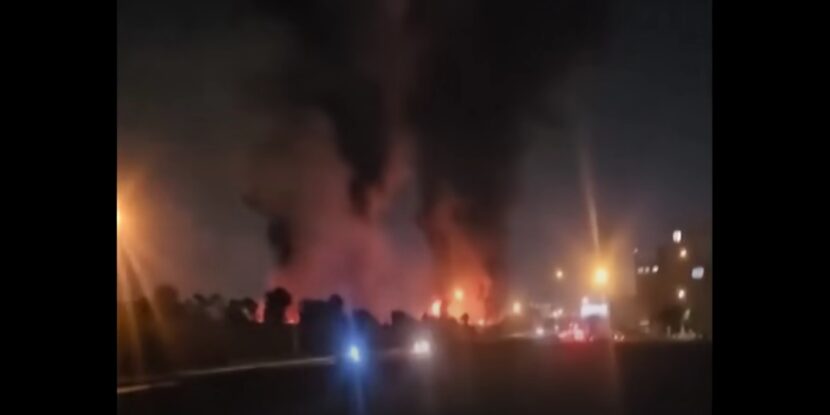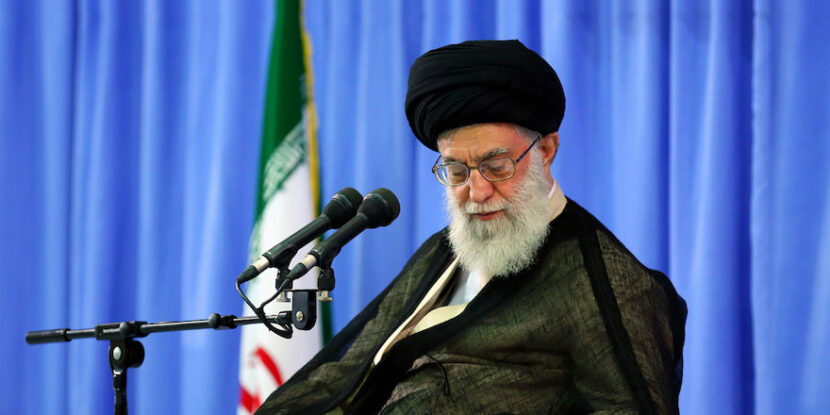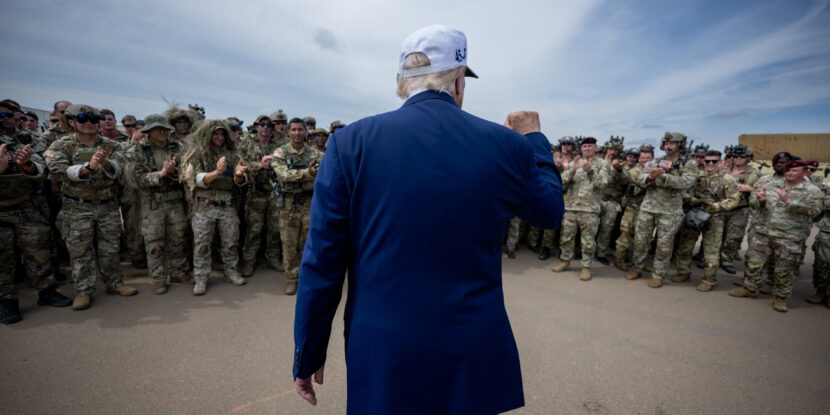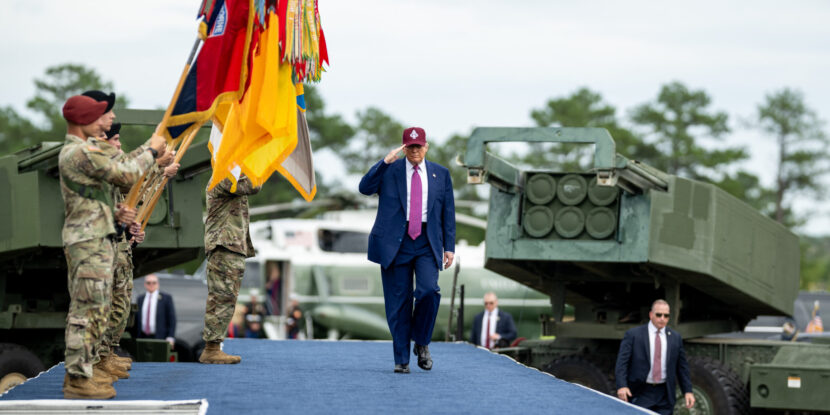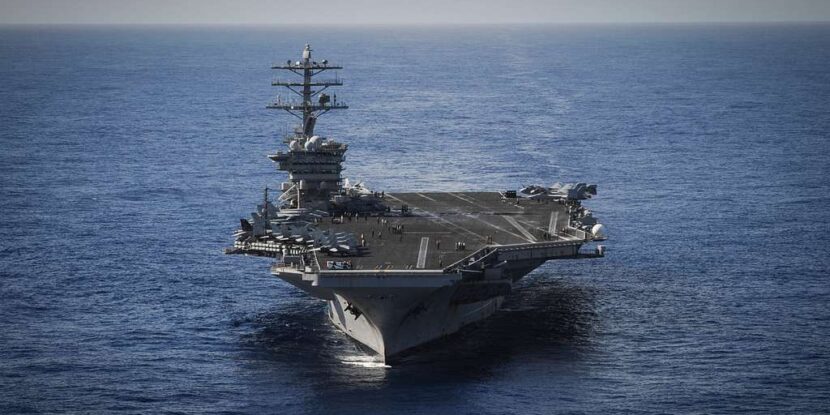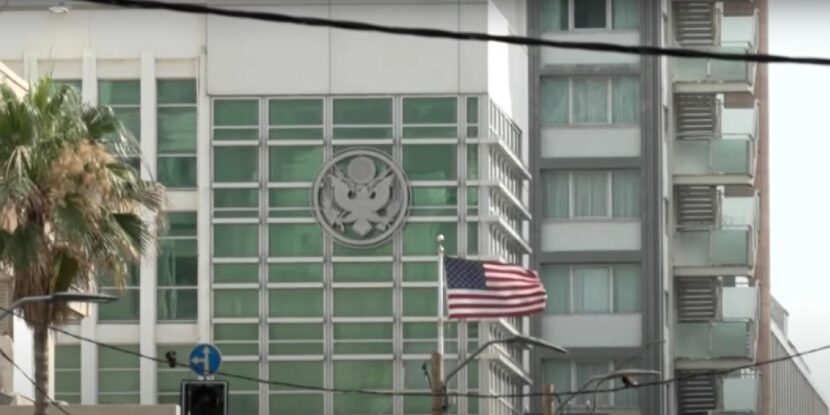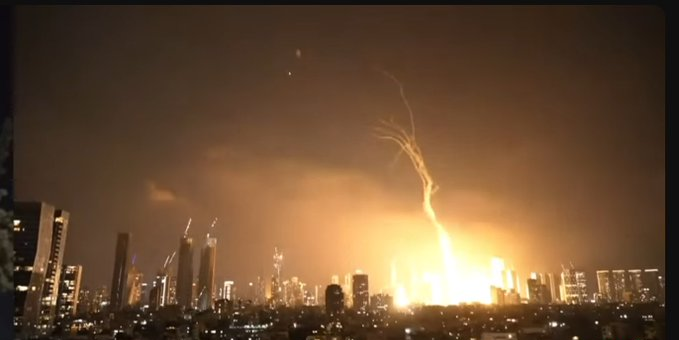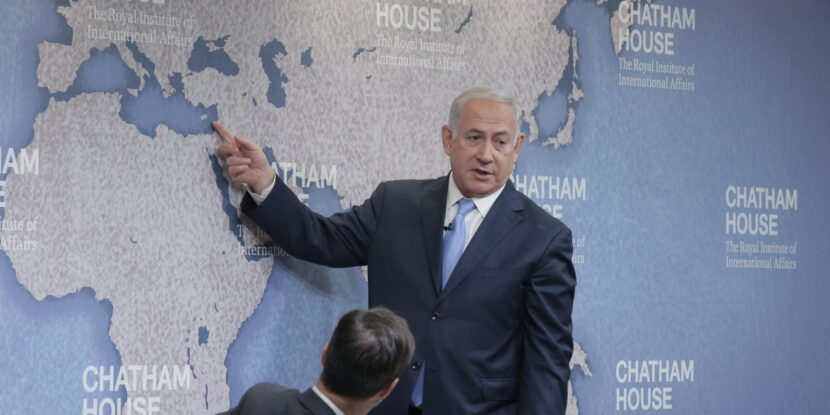❓WHAT HAPPENED: Vice President J.D. Vance defended President Donald J. Trump’s position on Iran, emphasizing Trump’s consistent stance against Iran obtaining nuclear weapons.
👤WHO WAS INVOLVED: Vice President Vance, President Trump, the International Atomic Energy Agency (IAEA), and Iranian leadership.
📍WHEN & WHERE: Statements were made on Monday and Tuesday, with Trump addressing the issue on Truth Social and during a Situation Room meeting in Washington, D.C.
💬KEY QUOTE: “The President has shown remarkable restraint in keeping our military’s focus on protecting our troops and protecting our citizens.” – J.D. Vance
🎯IMPACT: The U.S. and Israel have aerial superiority over Iran, with the Trump administration underscoring its commitment to thwarting Iranian nuclear ambitions
Vice President J.D. Vance on Monday defended President Donald J. Trump’s position on Iran in response to “crazy” accusations circulating on social media. Writing on X, Vance stated, “Look, I’m seeing this from the inside, and am admittedly biased towards our president (and my friend), but there’s a lot of crazy stuff on social media, so I wanted to address some things directly on the Iran issue.”
Vance noted Trump “has been amazingly consistent, over 10 years, that Iran cannot have a nuclear weapon,” adding that Trump has encouraged his foreign policy team to reach a deal with Iran to achieve this goal, emphasizing that “Iran cannot have uranium enrichment” and that the America First leader has made it clear this would happen “one of two ways—the easy way or the ‘other’ way.”
Addressing confusion over “civilian nuclear power” and “uranium enrichment,” Vance explained that these are distinct issues. He noted that Iran could pursue civilian nuclear power without enrichment, but has rejected this option. “Meanwhile, they’ve enriched uranium far above the level necessary for any civilian purpose,” he stressed, pointing to violations of non-proliferation obligations as identified by the International Atomic Energy Agency (IAEA).
Trump, on Tuesday, called for an “UNCONDITIONAL SURRENDER” from Iran on Truth Social, following Israel’s preemptive strikes on Iranian nuclear sites. “We know exactly where the so-called ‘Supreme Leader’ is hiding,” Trump wrote, referring to Grand Ayatollah Ali Khamenei. “He is an easy target, but is safe there – We are not going to take him out (kill!), at least not for now. But we don’t want missiles shot at civilians, or American soldiers. Our patience is wearing thin.”
The United States has been deploying assets to the Middle East and reportedly assisted Israel in shooting down incoming Iranian missiles. Trump has emphasized that the U.S. and Israel maintain “complete and total control of the skies over Iran.”
Look, I’m seeing this from the inside, and am admittedly biased towards our president (and my friend), but there’s a lot of crazy stuff on social media, so I wanted to address some things directly on the Iran issue:
First, POTUS has been amazingly consistent, over 10 years, that…
— JD Vance (@JDVance) June 17, 2025
Join Pulse+ to comment below, and receive exclusive e-mail analyses.
